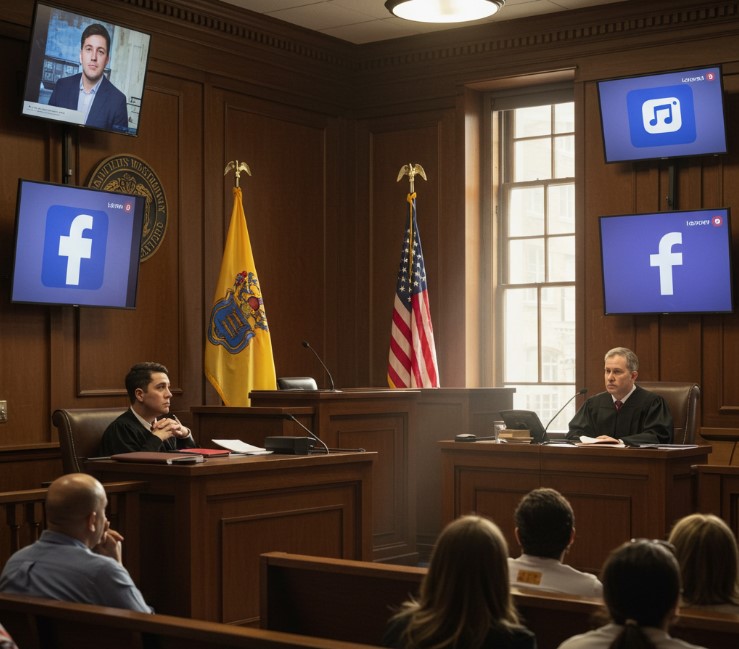Microgem v. Homecast. Homecast was represented by Alan L. Poliner.
When the U.S. switched from analog TV to digital TV, analog sets would become useless for over the air television unless a Set-Top Converter was used. The U.S. had a program for every household to get a coupon for $40 to purchase a Set-Top Converter. Microgem sought to corner the market and sell millions of Set-Top Boxes for $40 or less at retail. Microgem turned to Homecast, a Korean manufacturer of equipment for cable TV systems. The product was co-designed by the parties and to be manufactured by Homecast. While the parties were negotiating a written agreement for mass production, Microgem issues two purchase orders for initial production of 34,000 units. After delivery, Microgem discovered the product over-heated and could fail.
Microgem sought credits and refunds from Homecast. That was not enough for Microgem, and they decided to sue Homecast. Not only did they sue over the 34,000 units, they sought damages of $70 million for lost profits from anticipated sales of millions of units. As support, they turned to a written agreement which was never signed. No signature, no contract – this should have been easy. However, because Homecast was from Korea, the Convention on the International Sale of Goods (CISG) applied to the transaction. The CISG does not require that a contract must be in writing. But the CISG still requires a meeting of the minds that the parties agreed to a contract.
Lengthy and detailed discovery ensued. Each party blamed the other for the overheating and failure of the units. It turns, out, it did not matter who was to blame.
In a two week Jury trial, Homecast prevailed. Microgem attempted to use the two purchase orders as proof of a contract for millions of units. Homecast argued a purchase order plus a delivery equals a contract, and that contract was distinct from what Microgem claimed. Homecast proved, and the Jury agreed, that despite the CISG, no contract for millions of units was formed. Homecast proved, and the Jury agreed, that even if there was a valid contract, no damages could be awarded. By making a detailed analysis of Microgem’s accounting documents, Homecast proved that Microgem was losing money on every unit purchased. Hence, no lost profits could be had.
To add to the victory, Homecast prevailed on its counterclaims for fraud. During discovery, Microgem provided color copies of invoices that were stamped as “paid” to show refunds Microgem made to its customers for returned and damaged units. Microgem provided these copies of these invoices to Homecast as part of Microgem’s refund requests, which Homecast paid.. The invoices Homecast received were black and white copies of copies. The invoices seemed legitimate as they were signed and stamped “paid” by Microgem’s accountant. However, the signatures appeared as if computer generated, something that could not be determined from Homecast’s copies of the invoices. Being diligent and suspicious, Homecast’s attorney made a routine inquiry to Microgem’s outside accountant about the invoices. This investigation revealed that the invoices Microgem used to obtain refunds were forged. At trial, the testimony of Microgem’s witnesses supported this scheme. The Jury agreed and awarded damages to Homecast on its counterclaims for fraud.
This case is an example of the maxim “false in one, false in all”.













